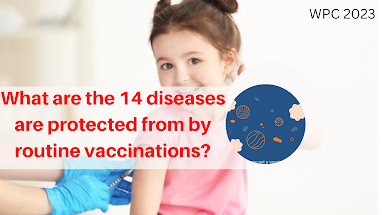why there is a higher risk of anxiety and depression symptoms in children with migraines?
Children and adolescents frequently get migraines, which can be very incapacitating for many individuals. Although high-quality research verifying this association are missing, experts speculate that children experiencing migraines may be at an increased risk of anxiety and depression.
According to a meta-analysis,
migraines are significantly associated with anxiety and depressive symptoms as
well as a higher risk of developing anxiety and depressive disorders. A
systematic review was unable to determine if anxiety and depression disorders
or symptoms have an impact on migraine outcomes or incidence due to study
heterogeneity. The fact that factors like headache frequency and sex weren't
controlled for in this study is a significant shortcoming. Additionally, the
majority of studies that were included in the meta-analysis only provided
unadjusted relationships,
increasing the possibility of confounding bias.
Overall, this supports the need
for routine screening for symptoms and disorders associated with depression and
anxiety in children with migraines.
All study types including children
under the age of 18 who suffer from migraines and evaluated symptoms and
disorders across the range of anxiety disorders, depressive disorders, and
trauma- and stressor-related disorders were included in this systematic review.
The systematic review comprised 80 studies, and the meta-analysis included 51.
Results included anxiety, sadness, and mixed internalizing illnesses signs and
problems (anxiety and depression).
Conclusion:
Children and adolescents with
migraines are more likely to experience anxiety and depressive symptoms and disorders
than individuals without migraines
Routine testing for depression
and anxiety may therefore be beneficial for young individuals with migraines.
.jpg)

.png)
.jpg)
Comments
Post a Comment